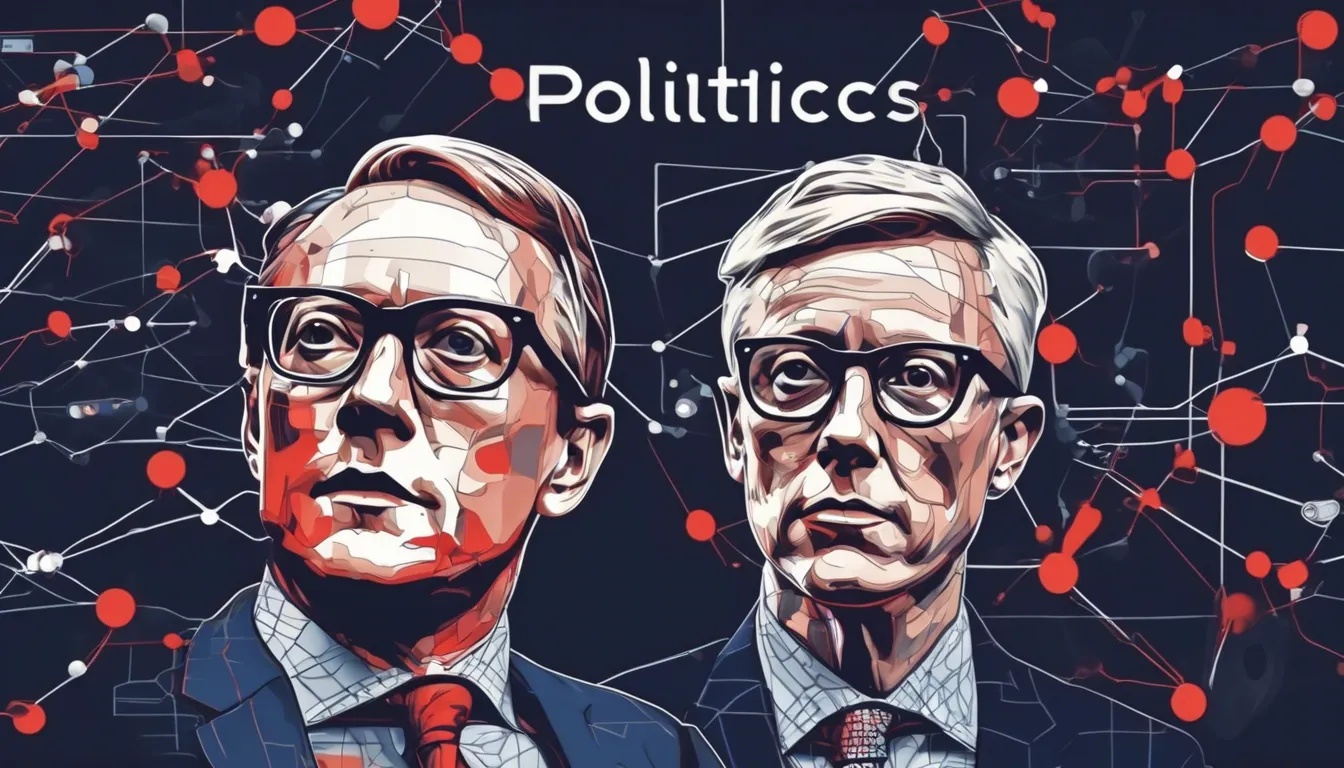In recent years, the intersection of technology and politics has become increasingly apparent with the rise of data analytics companies like Cambridge Analytica. This British political consulting firm gained notoriety for its use of data mining and analysis techniques to influence elections and political campaigns. Cambridge Analytica’s influence on politics was particularly evident during the 2016 US presidential election, where it was accused of using Facebook data to target voters with personalized ads and propaganda.
The scandal surrounding Cambridge Analytica raised serious concerns about the ethical use of data in political campaigns and sparked debates about the regulation of tech companies. It also highlighted the power that technology holds in shaping political outcomes and the potential impact of social media on elections. In response to the controversy, there have been calls for greater transparency and accountability in the tech industry to prevent similar incidents from occurring in the future.
As technology continues to play a significant role in shaping political discourse and influencing public opinion, it is essential for policymakers and citizens to be aware of the potential risks and implications. The Cambridge Analytica scandal serves as a reminder of the need for responsible and ethical practices in the use of technology in politics, and the importance of safeguarding democratic processes from manipulation and exploitation.

 The Latest iPhone Technology A Look at Smartphones Innovation
The Latest iPhone Technology A Look at Smartphones Innovation